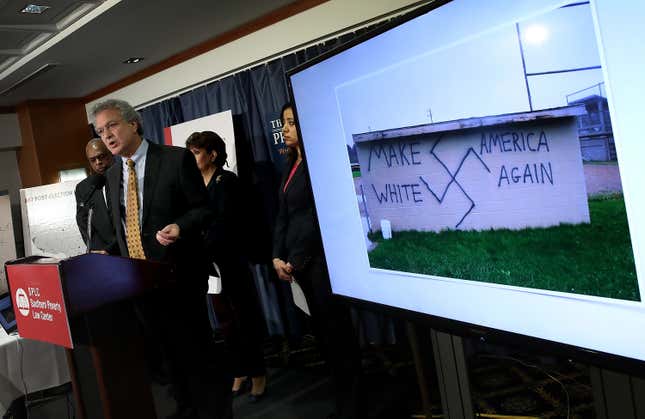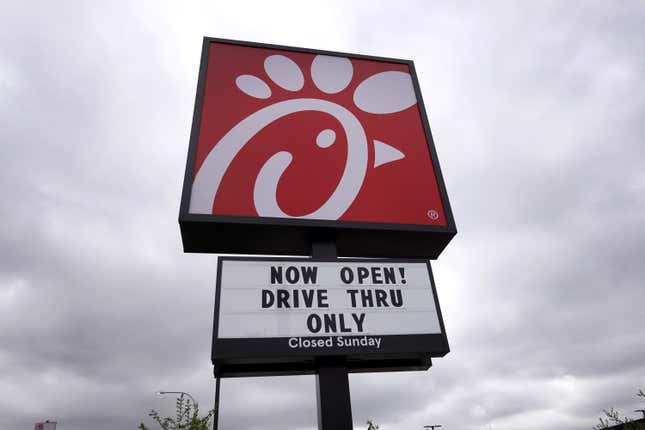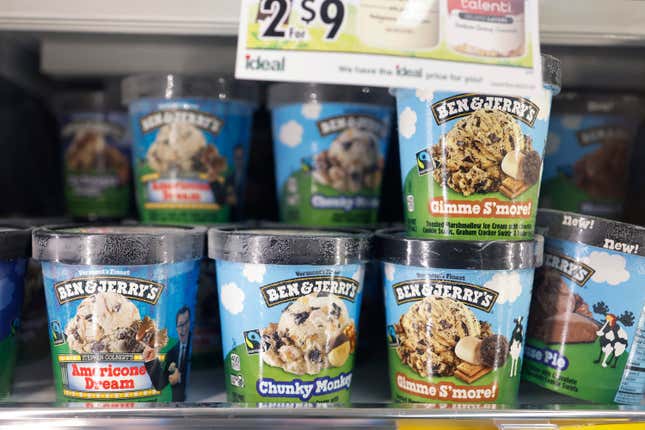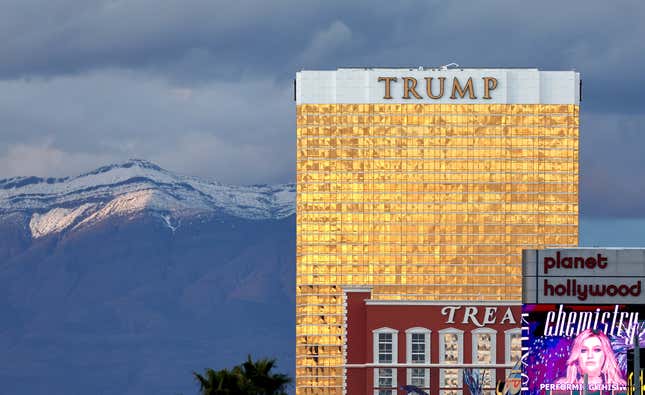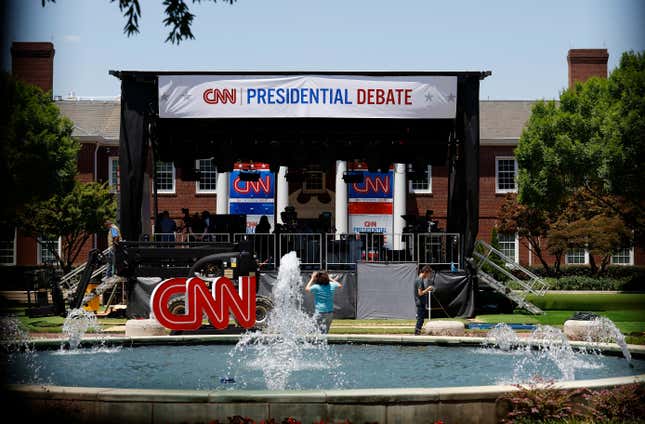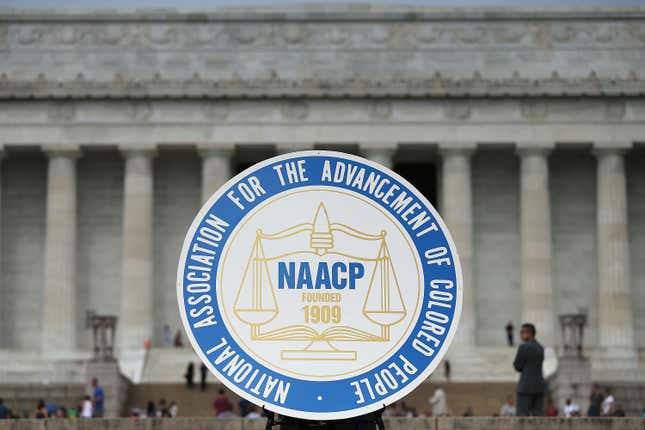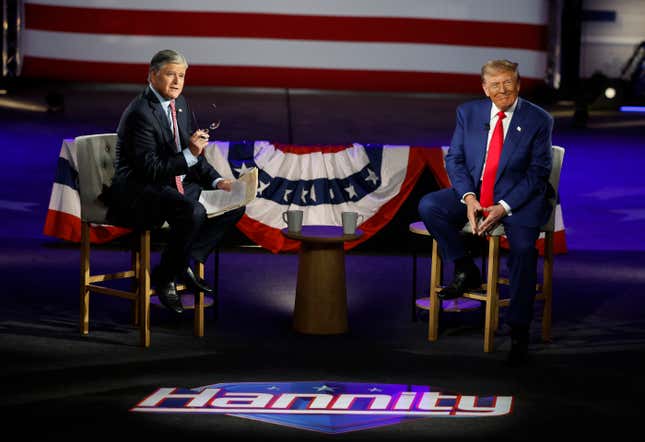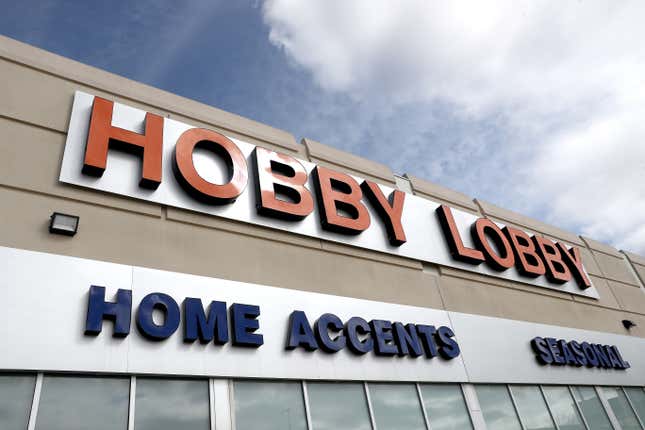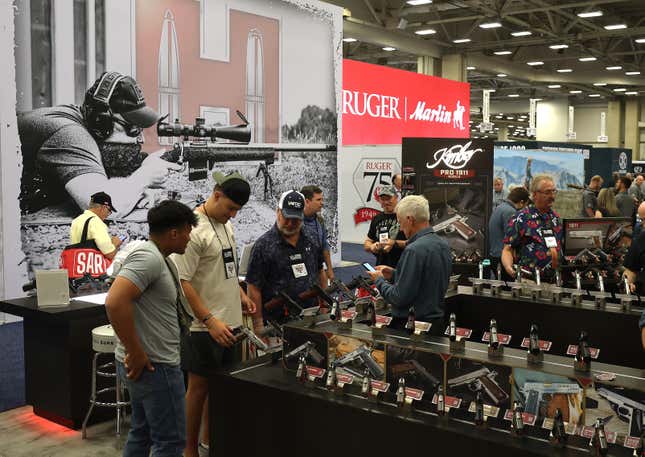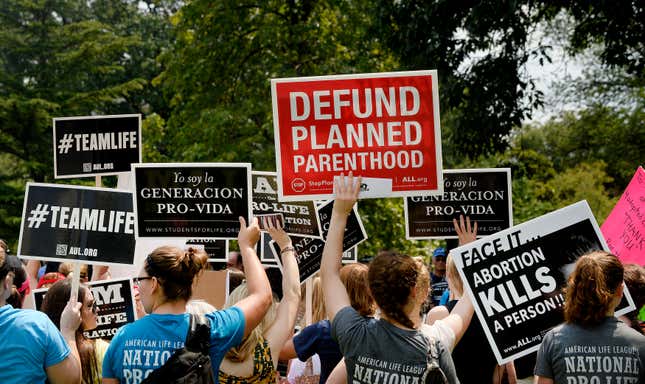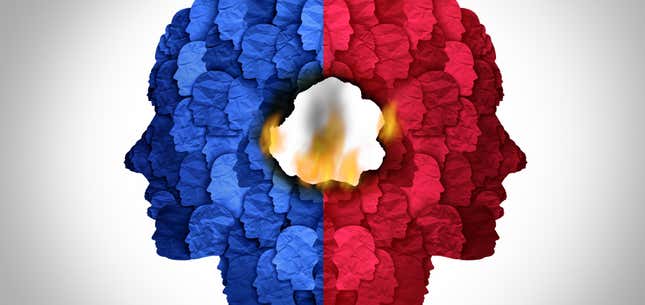
It’s becoming a bit of an over-used trope at this point, but it’s still true — Americans are more divided than ever.
According to Pew Research Center, 49% of registered voters are Democrats, while another 48% are Republicans. The most common words people use to describe U.S. politics are divisive, polarized, corrupt, messy, bad, etc.
That doesn’t just affect who Americans vote for or what policies they support, it also impacts where they shop, what services they consume, and what charities they donate to. According to YouGov, just 29% of U.S. brands are bipartisan; that comes out to 284 brands out of the 982 that at least 10% of U.S. liberals or conservatives considered buying products from.
But just because the remaining 698 aren’t bipartisan, that doesn’t mean they are necessarily left-wing or right-wing advocates. It just means that liberals and conservatives have strongly divided opinions about them. Some of those brands evoke extreme criticism and pushback from people across the political spectrum, which can take the form of everything from targeted boycotts and online harassment campaigns to physical violence.
Here are the 10 most partisan brands in the U.S., according to YouGov’s rankings.
